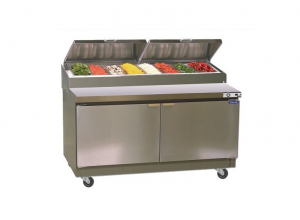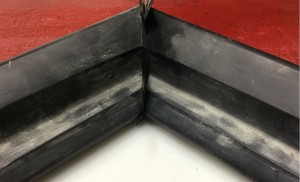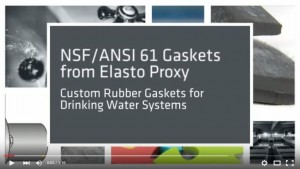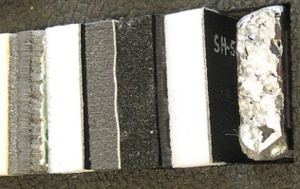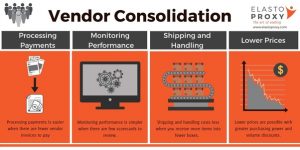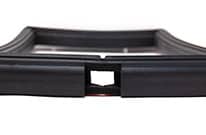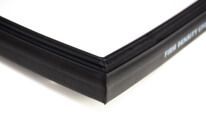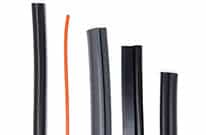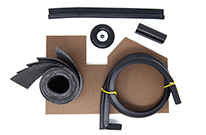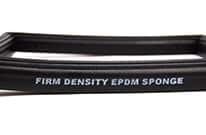FDA Gasket Materials for Food Contact Applications
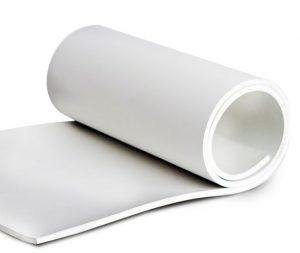 FDA gasket materials are used in food contact applications such as commercial kitchens. They meet strict standards from the U.S. Food and Drug Administration (FDA), a regulatory agency that’s responsible for protecting the public health by ensuring the safety and quality of many food products. The FDA’s jurisdiction is limited to the United States, but FDA standards are followed worldwide.
FDA gasket materials are used in food contact applications such as commercial kitchens. They meet strict standards from the U.S. Food and Drug Administration (FDA), a regulatory agency that’s responsible for protecting the public health by ensuring the safety and quality of many food products. The FDA’s jurisdiction is limited to the United States, but FDA standards are followed worldwide.
FDA gasket materials for food contact applications are subjected to rigorous testing. They are non-toxic, non-marking, non-allergenic, and reliable over a wide range of temperatures. These compounds are also tasteless, odorless, and resistant to the natural growth of bacteria. Not all food-grade rubber is FDA approved, however, so it’s important to choose gasket materials with care. (more…)

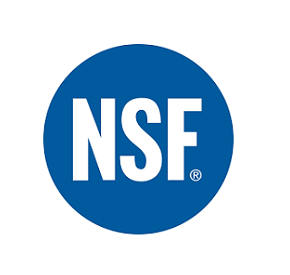 NSF gasket materials are used in commercial food service equipment, water treatment or distribution systems, and other applications that can affect human health and safety. Rubber compounds that are registered with NSF International (formerly the National Sanitary Foundation) must pass rigorous tests to ensure that potentially harmful substances won’t migrate from the gasket material when in contact with food or drinking water.
NSF gasket materials are used in commercial food service equipment, water treatment or distribution systems, and other applications that can affect human health and safety. Rubber compounds that are registered with NSF International (formerly the National Sanitary Foundation) must pass rigorous tests to ensure that potentially harmful substances won’t migrate from the gasket material when in contact with food or drinking water. Elasto Proxy, an experienced provider of sealing and insulation solutions, strengthens supply chains in the stainless steel and food equipment industries. Through design assistance, compound selection, and custom-fabrication, we support projects from prototyping to production. Elasto Proxy also offers value-added solutions that speed installation and optimize inventory management. Our rubber and plastic parts arrive ready-to-install, and we can ship them on-demand or according to your sales forecast.
Elasto Proxy, an experienced provider of sealing and insulation solutions, strengthens supply chains in the stainless steel and food equipment industries. Through design assistance, compound selection, and custom-fabrication, we support projects from prototyping to production. Elasto Proxy also offers value-added solutions that speed installation and optimize inventory management. Our rubber and plastic parts arrive ready-to-install, and we can ship them on-demand or according to your sales forecast. 